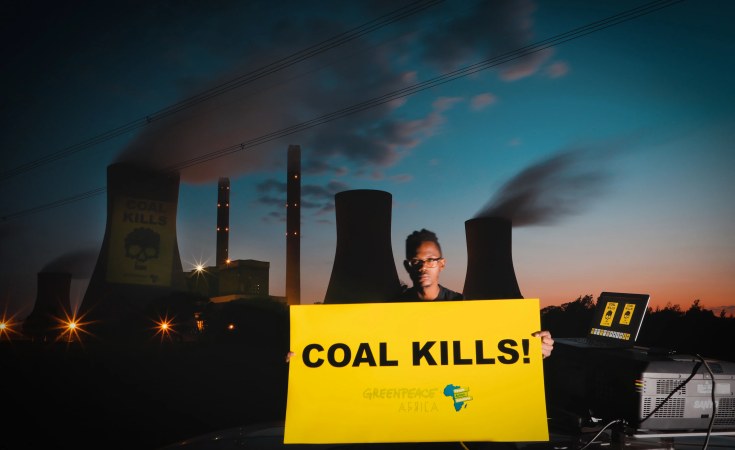A special mission to South Africa by the United Nations Special Rapporteur on Toxics and Human Rights has expressed deep concern for the continuing legacy of environmental racism that has left negative impacts on the health and environments of socially and economically vulnerable people.
Laws predating 1994 - before South Africa's democracy - continue to stand in the way of the country banning hazardous pesticides that have had a harmful effect on the environment and people's health, with some going as far as impeding human rights.
This is according to the United Nations Special Rapporteur on Toxics and Human Rights, Marcos A Orellana, who was speaking at a press briefing on Friday 11 August, as his mission in South Africa came to an end.
The special rapporteur found several environmental discrepancies that showed a continuing legacy of pre-1994 environmental racism. He touched on several sectors, including mining, the Just Energy Transition and waste management.
Among these legacies is the impact of the continued use of hazardous pesticides on people's health, the environment and the crops being sprayed. Orellana said he had visited women farmers in the Western Cape who had expressed health concerns and seen the effects of new hazardous pesticides being used in the country.
South Africa has previously supported a proposal to amend the Rotterdam Convention on the Prior Informed Consent Procedure for Certain Hazardous Chemicals and Pesticides in International Trade. However, the country is yet to become a signatory to the...


